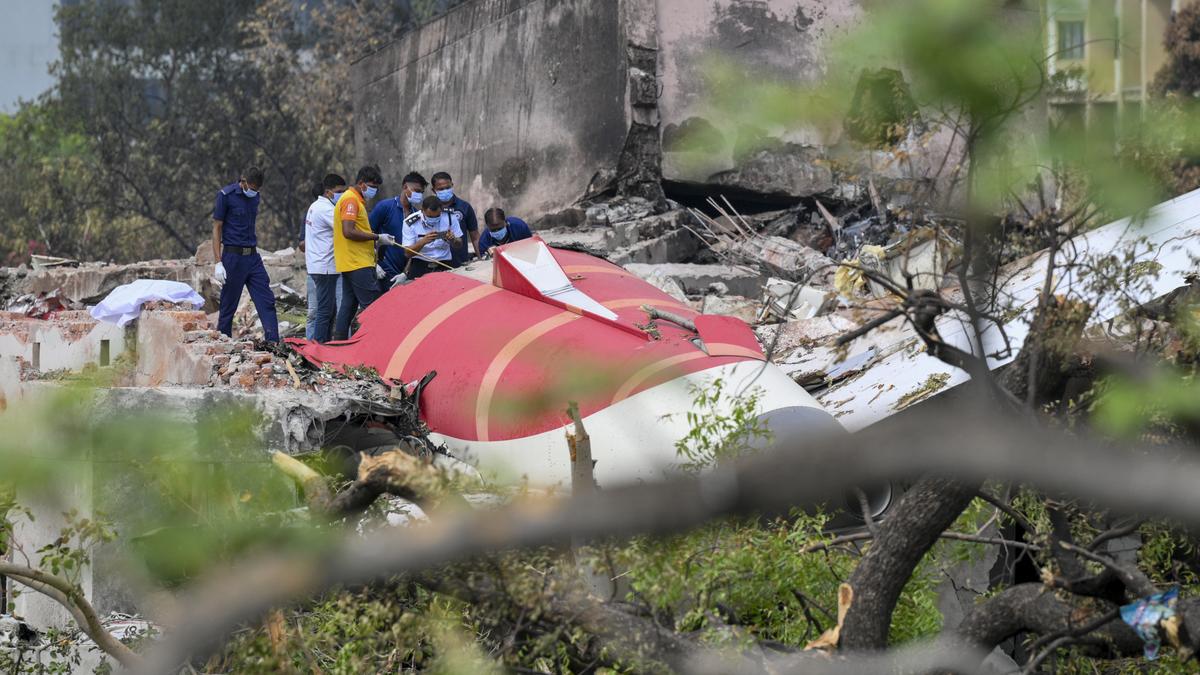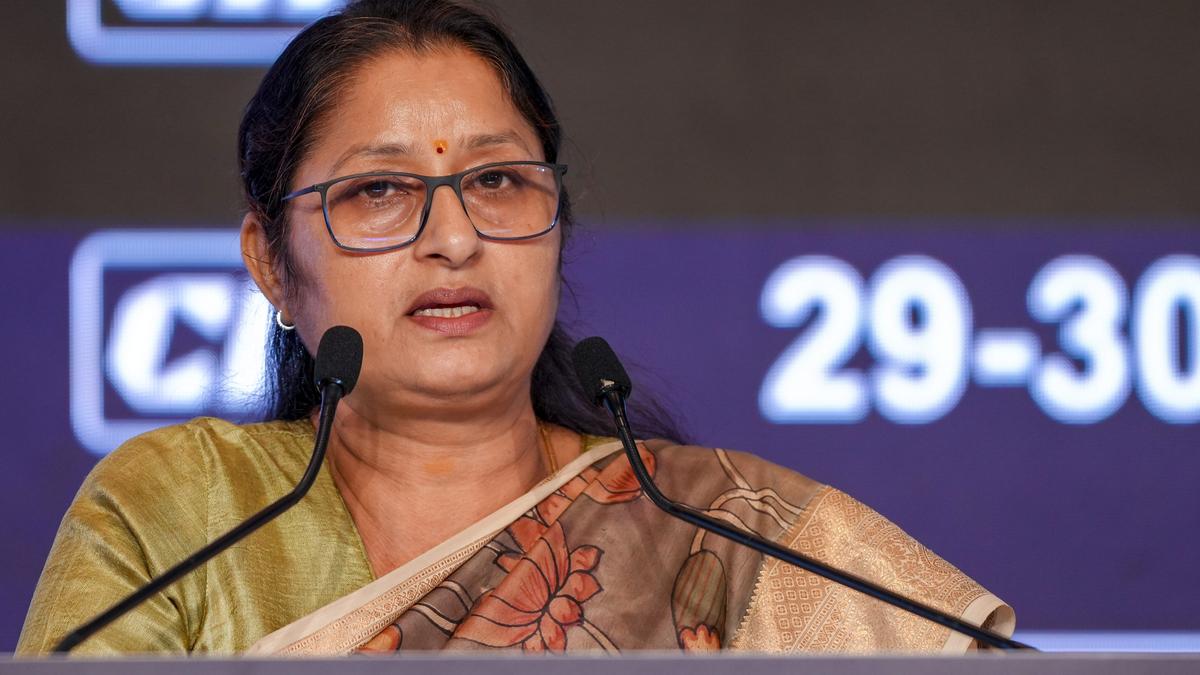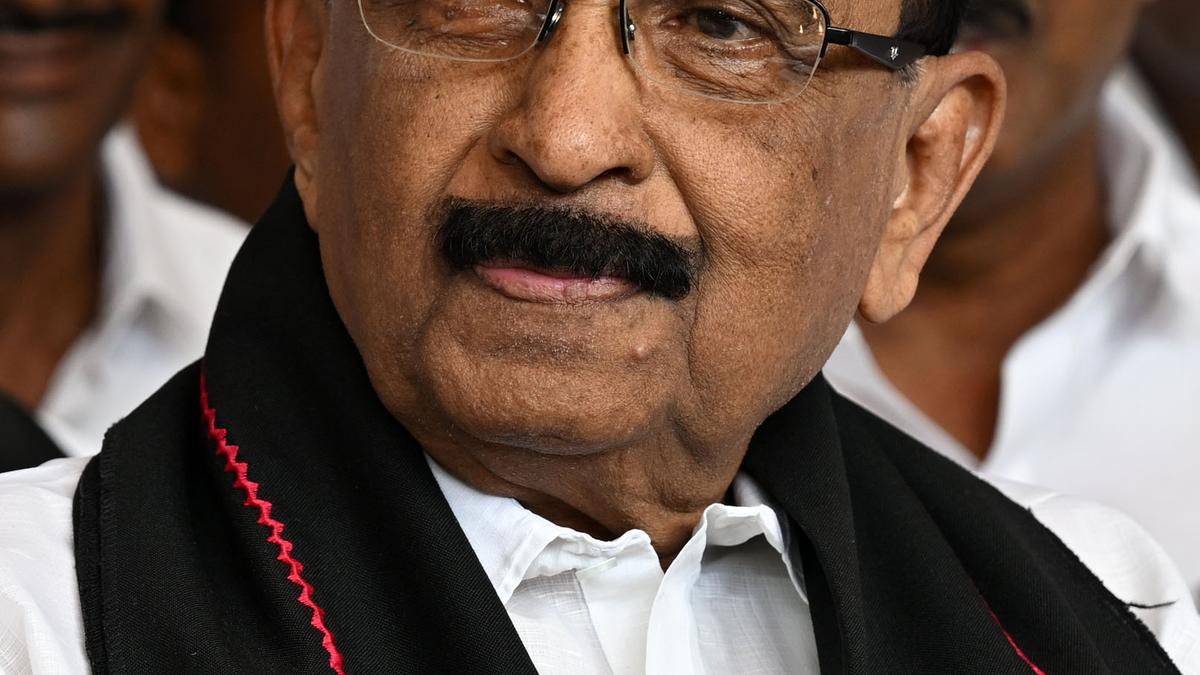Now Reading: AI 171 Crash Report Lacks Detail and Transparency, Says Aviation Expert
-
01
AI 171 Crash Report Lacks Detail and Transparency, Says Aviation Expert
AI 171 Crash Report Lacks Detail and Transparency, Says Aviation Expert

Quick Summary
- The interim probe report into the Air India crash on June 12, which resulted in the deaths of 260 people, has raised concerns due to it’s lack of technical transparency and recommendations for corrective measures.
- A key issue highlighted in the report involves a mechanical failure linked to the fuel control switch locking mechanism, possibly leading to dual engine shutdown mid-air. This failure was flagged in a 2018 FAA bulletin, but inspections were not carried out by Air India.
- The engines reportedly stopped producing thrust just before lift-off, yet fuel switches moved to “cut-off” later-raising questions about sequence and cause.
- Critical information such as detailed cockpit voice recordings and log data are missing from the report; onyl excerpts of minimal conversations between pilots are included.
- Experts stress this omission limits understanding whether human error or system failures caused the crash or if uncommanded inputs contributed to unintended fuel cut-off actions.
- Compared with global standards such as Ethiopian Airlines’ ET 302 accident inquiry reports, experts have deemed this interim report insufficiently detailed.
- The Boeing advisory warning (2018) about potential disengagement issues in fuel switch locks was seemingly overlooked by Air India-a safety oversight that may have prevented this event.
Indian Opinion Analysis
The interim investigation into June’s tragic Air India crash underscores critical lapses both prior to and post-event-highlighting gaps in safety protocols and accountability within aviation oversight frameworks. Crucially, Air India’s apparent neglect of FAA advisories on equipment vulnerabilities reveals systemic shortcomings that may extend far beyond flight AI 171 itself.
The lack of technical detail within this preliminary review hinders actionable insights for future prevention-notably when international benchmarks for aviation probes seem richer and more impactful (e.g.,Ethiopian Airlines’ investigations).immediate steps like fleet-wide inspections of similar aircraft models should logically follow any identified risks during early investigatory stages.
For India, strengthening compliance frameworks around airlines’ adherence to manufacturer bulletins-and elevating advisories like SAIBs from “optional” recommendations into mandatory protocol where warranted-is essential for bolstering aviation safety credibility globally while safeguarding passengers domestically.
























